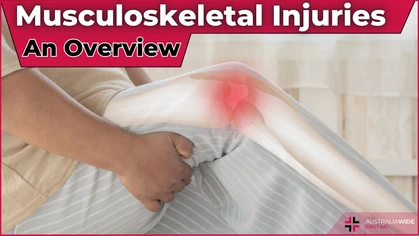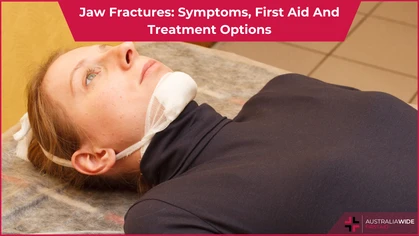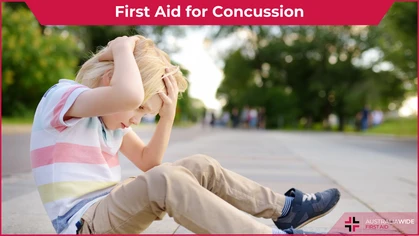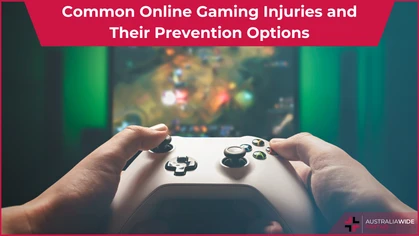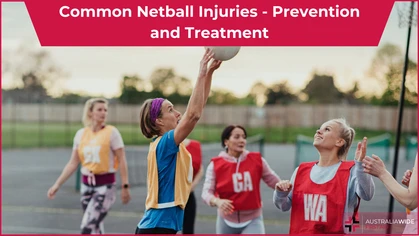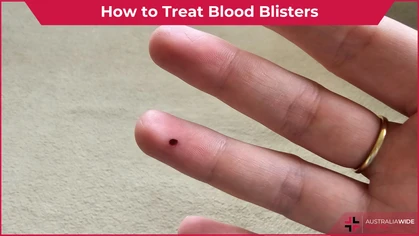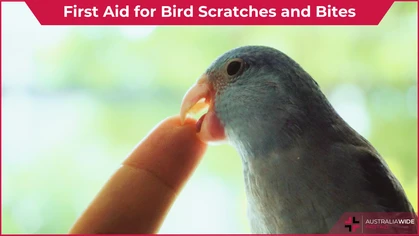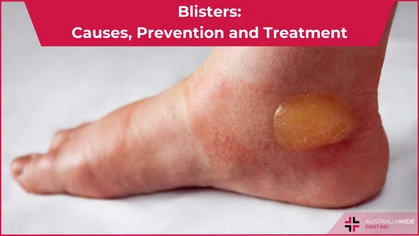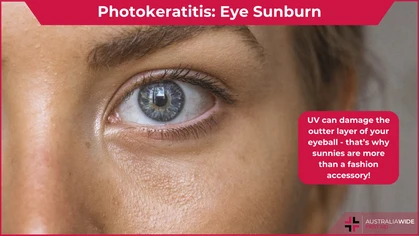Caring for Mouth Burns: Immediate First Aid, What to Avoid, and When to Seek Medical Help

Injury
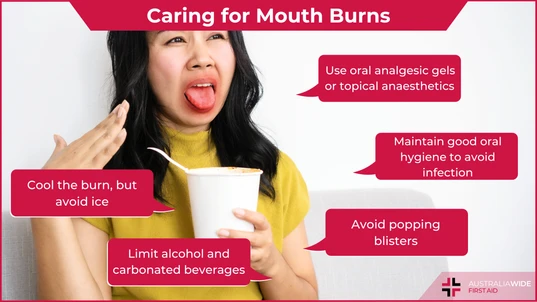 Burns of the oral cavity can be a painful and distressing experience, whether they are caused by sipping a scalding cup of coffee or taking a bite of hot pizza.
These injuries require immediate attention to alleviate discomfort, promote healing, and prevent complications.
Burns of the oral cavity can be a painful and distressing experience, whether they are caused by sipping a scalding cup of coffee or taking a bite of hot pizza.
These injuries require immediate attention to alleviate discomfort, promote healing, and prevent complications.
First Line of Action for Mouth Burns
Cool the Burn The first step in treating a mouth burn is to cool it down. Rinse your mouth with cold water for several minutes. Cold water helps reduce pain, and inflammation and prevents the burn from worsening. Avoid Ice While cold water is helpful, avoid applying ice directly to the burn immediately after a mouth burn, as this sudden change in temperature may further damage the sensitive tissues. Honey Honey is known for its antiseptic and calming properties. You can apply a little bit of honey or aloe vera on the affected area for relief until you gather your supplies. Over-the-Counter Pain Relief You can take over-the-counter pain relievers like ibuprofen or acetaminophen to help alleviate pain and reduce inflammation. Ensure you follow the dosing instructions on the package to avoid overdosing. Oral Analgesic Gel Over-the-counter oral analgesic gels or creams can provide temporary relief from the pain and burning sensation. Apply the gel as directed on the product label to numb the area and reduce discomfort. Topical Anaesthetic Over-the-counter topical anaesthetics like benzocaine can temporarily numb the affected area, providing relief from pain. It is imperative to use as directed and overdoing can lead to further complications. Maintain Good Oral Hygiene Continue your regular oral hygiene routine to prevent infection. Use a soft-bristled nylon toothbrush to clean your teeth. Make sure you floss regularly and clean your tongue. You need to ensure proper oral hygiene while protecting the burnt area. Good oral hygiene will prevent infections and promote uneventful healing.Things to Avoid
Avoid Hot or Spicy Foods Steer clear of hot, spicy, or acidic foods and beverages till your mouth burn heals. Spicy and acidic foods tend to irritate the delicate mucosa of the oral cavity, thus worsening the mouthburn and intensifying the pain. Don't Pop Blisters If blisters form as a result of the burn, do not attempt to pop or puncture them. Popping blisters can increase the risk of infection and slow down the healing process. It is best to leave it be and let it resolve on its own or reach out to a medical professional if it becomes too painful. Refrain from Smoking or Tobacco Products Smoking or using tobacco products can delay the healing process and increase the risk of complications. It's advisable to abstain from these substances until the burn has completely healed. Limit Alcohol and Carbonated Beverages Alcohol and carbonated drinks can be harsh on a mouth burn due to their acidic nature and sugar content. They may exacerbate discomfort and negatively impact the healing process. Opt for gentle, non-irritating liquids like water or cold milk.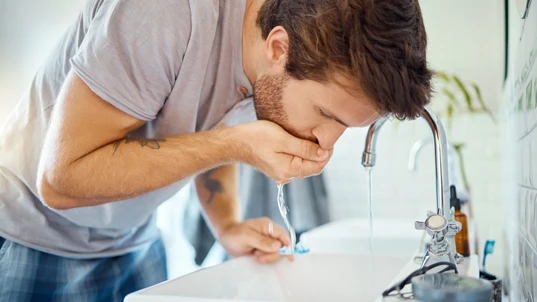
Maintaining oral hygiene is important to prevent infections while the burn heals.
When to Seek Medical Advice
Severe Burns If the burn is extensive, covers a large area, or involves sensitive areas such as the lips, tongue, or the roof of the mouth, it's imperative to seek immediate medical attention. Severe burns may require professional medical care and specialized treatment Difficulty Swallowing or Breathing If you experience difficulty swallowing or breathing due to a mouth burn, this is a medical emergency. Please call Triple 0 or go to the nearest emergency room without delay. Signs of Infection If you notice signs of infection, such as increasing pain, redness, pus, or fever, consult a healthcare professional promptly. Infections in the mouth can be serious and require proper treatment. Persistent Pain and Discomfort If the pain and discomfort from the mouth burn persist for an extended period, despite home remedies, consult with a dentist or a medical doctor. They can assess the situation and recommend appropriate treatment. Recurrent Mouth Burns If you frequently suffer from a burning sensation in the mouth or if it seems to occur without apparent cause, it may indicate an underlying issue that should be evaluated by a healthcare provider. Conditions such as Burning Mouth Syndrome may feel like you have suffered a burn, however, this is not the case. Such special cases have to be evaluated by a board-certified dentist or a medical doctor.Dental Doctors vs Medical Doctors
In most cases, a dentist is the appropriate healthcare professional to consult for mouth burns. Dentists specialize in oral health and are well-equipped to provide expert guidance on managing burns in the mouth, including treatment and follow-up care. If the mouth burn is part of a more extensive injury or if you experience systemic symptoms like fever or other health concerns unrelated to the mouth burn, consult a medical doctor. They can assess the overall situation and provide appropriate treatment and referrals to the concerned dental specialist. Mouth burns can be painful and uncomfortable, but with proper first aid and timely medical or dental attention, you can alleviate symptoms, promote healing, and prevent complications. Remember to follow the recommended treatment steps, avoid irritants, and seek professional advice when necessary to ensure a swift and successful recovery from mouth burns. Your oral health is essential, and prompt care can make a significant difference in your comfort and well-being.
Originally published at
https://www.australiawidefirstaid.com.au/resources/caring-for-mouth-burns
as part of the Australia Wide First Aid Articles Library

